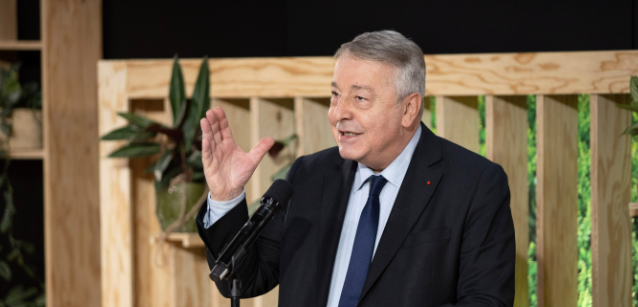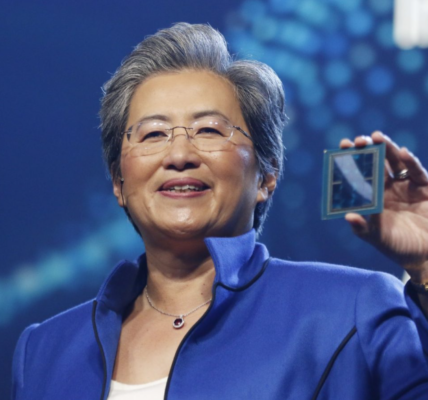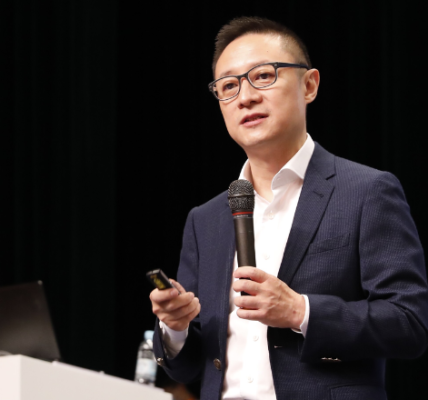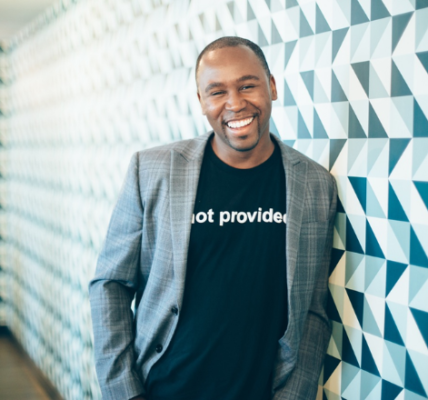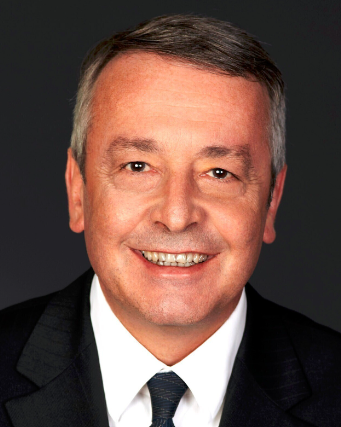
Antoine Frérot, born on June 3, 1958, in Fontainebleau, France, has established himself as a prominent figure in the field of environmental management and sustainability through his leadership roles in Veolia Environnement, a global leader in optimized resource management. With a career spanning over four decades, Frérot’s expertise and commitment to ecological responsibility have shaped corporate practices in the industry and advanced the dialogue on sustainable development worldwide.
Education
Frérot’s academic journey began at the prestigious École Polytechnique, where he graduated in 1977. He further honed his engineering acumen at the École Nationale des Ponts et Chaussées, earning a PhD in civil engineering. During his time there, he co-founded a research laboratory focused on environmental sciences, particularly hydrology, laying the groundwork for his future endeavors in water management and sustainability.
Early Career
Frérot commenced his professional career in 1981 as a research engineer at the Central Research Office for French Overseas Departments and Territories, working on major development projects. He then moved to CERGRENE, a think tank associated with his alma mater, where he served as project manager and associate director from 1984 to 1988. His experience in finance operations as manager for major transport, aerospace, and heavy machinery enterprises at Credit National from 1988 to 1990 further diversified his skill set.
Career at Veolia
In 1995, Frérot joined Compagnie Générale des Eaux, initially as a task-force director, before advancing to the CEO of Compagnie Générale d’Entreprises Automobiles and CGEA Transport. His leadership qualities were quickly recognized, and in 2000, he was appointed CEO of CONNEX, the transport division of Vivendi Environnement.
Frérot’s pivotal role at Veolia began in 2003 when he became CEO of Veolia Water and a member of the board of executive directors of Veolia Environnement. His vision for the company crystallized during his first term as CEO, starting in 2009, where he emphasized a focused and responsive organization aligned with market demands. Under his leadership, Veolia underwent significant restructuring to adopt a more international model, ultimately enhancing its profitability and resilience.
During his first mandate (2010-2014), Frérot implemented a strategy that prioritized high-value markets such as circular economies and pollution management, driving the company to report a remarkable revenue turnaround from a loss of €489 million in 2011 to a profit of €394 million by 2012. His second term (2014-2018) was marked by his advocacy for carbon pricing and the circular economy, positioning Veolia as a leader in sustainable practices.
In his third term (2018-2022), Frérot underscored the necessity of companies having a defined purpose, articulating that prosperity stems from being useful to society. Under his stewardship, Veolia reported a turnover of €25.9 billion in 2018, with a strong focus on sustainable development aligned with the UN’s Sustainable Development Goals. He stepped down as CEO in July 2022 but continues to serve as Chairman of the Board of Directors, guiding Veolia’s strategic vision.
Other Engagements
Beyond his corporate role, Frérot is actively involved in promoting interdisciplinary research in humanities and social sciences through his presidency at ANVIE. He also supports cultural initiatives as a member of the Board of Directors of the Société d’amis du Musée du Quai Branly and as an honorary president of Parcours de mondes, an international salon dedicated to tribal arts. His passion for art, particularly tribal arts, reflects his belief in the cultural significance of sustainability and human progress.
Legacy and Vision
Antoine Frérot’s journey exemplifies a commitment to environmental sustainability and corporate responsibility. His leadership at Veolia has not only transformed the company but has also set a precedent for others in the industry to follow. Frérot’s vision for a sustainable future, where companies act as catalysts for positive change, continues to resonate within the global dialogue on environmental conservation and social responsibility.

